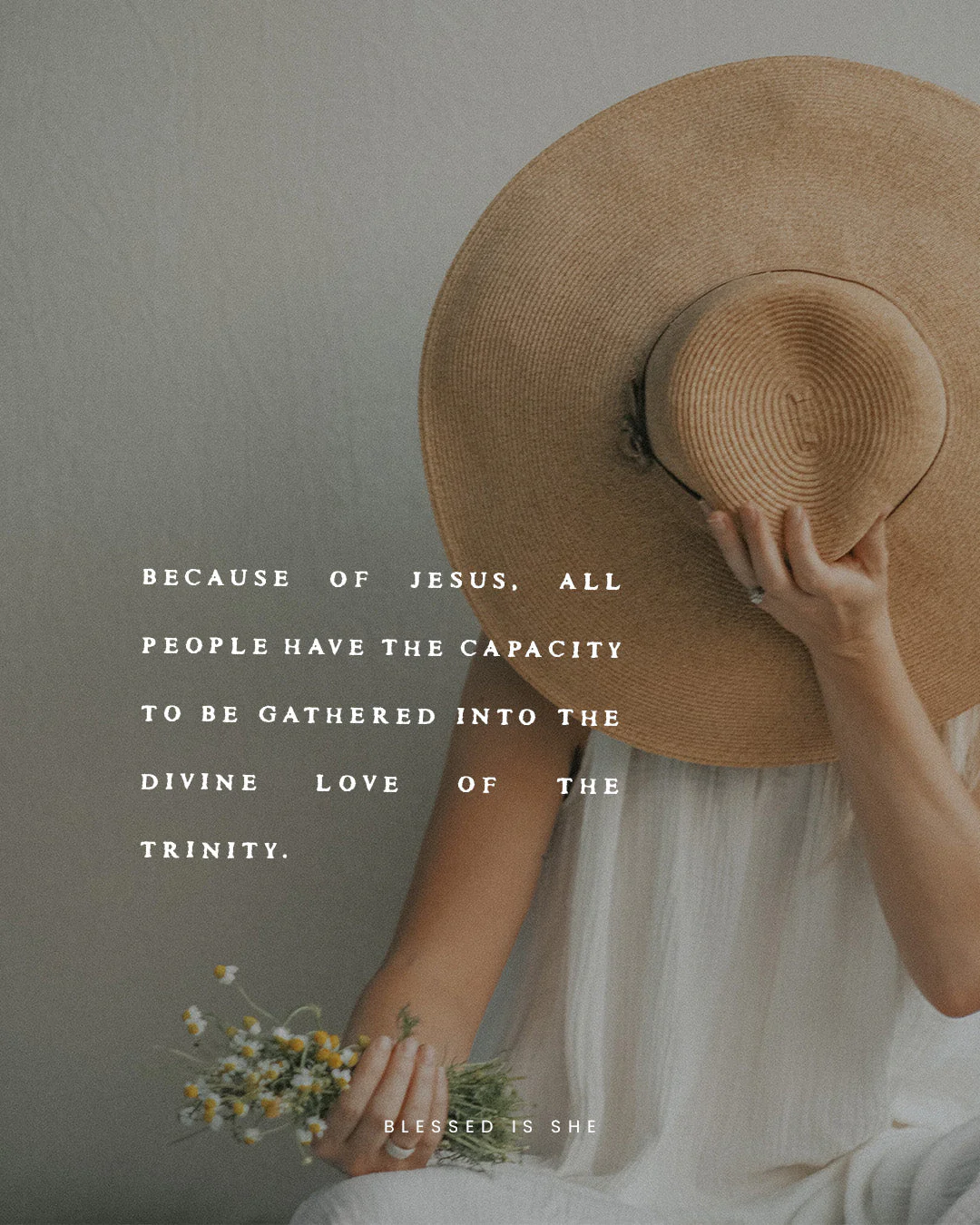
Jesus raised his eyes to heaven and said:
“Holy Father, I pray not only for these,
but also for those who will believe in me through their word,
so that they may all be one,
as you, Father, are in me and I in you,
that they also may be in us,
that the world may believe that you sent me.
And I have given them the glory you gave me,
so that they may be one, as we are one,
I in them and you in me.” // John 17:20-23
A silent sea of lights glimmering before me, I savored the scent of incense rising from the gently-swinging thurible. This is the night when Christ broke the prison bars of death. Normally sung by a deacon, the proclamation of the Exsultet by a lay cantor only happens by necessity. I had been preparing for weeks for this privilege. Standing tall, I clicked the tiny booklight on the ambo.
Nothing happened.
Click. I had tested it just moments before! Still, nothing.
Behind me, the priest had my twin daughters, both altar servers, bring their candles close beside me. Flanked by my girls in their white albs, I began the chant: Exult, let them exult, the hosts of heaven!
As a musician and liturgist, I am often reminded that ritual perfection is impossible. Preparation and practice, though essential, only help us brush against the divine. Our imperfect earthly liturgies leave our hearts yearning for heaven.
Saint Irenaeus of Lyons, whose feast is today, thanked God for our human frailty. Defending the faith against those who denied Christ’s humanity, Irenaeus wrote that Christ’s Incarnation did not merely restore humans to their original state before the Fall—it improved our situation by changing our relationship with God. Through Jesus’ saving action of pure love, our humanness, the thing that had separated us from God, became a core part of God’s identity.
Today’s Gospel shows it clearly: Jesus, praying that we will be one with Him just as He is one with the Father, has given us the glory that the Father gave Him. Because of Jesus, all people have the capacity to be gathered into the Divine Love of the Trinity. As Saint Irenaeus wrote, “The glory of God is the human person fully alive” (source).
As I sang, “O happy fault, that earned so great, so glorious a redeemer,” the pages stuck together. Pausing to separate them, I had to smile. O happy fault. Our humanity keeps us from perfection here on earth, but because of Jesus, it is our path to glory.
































